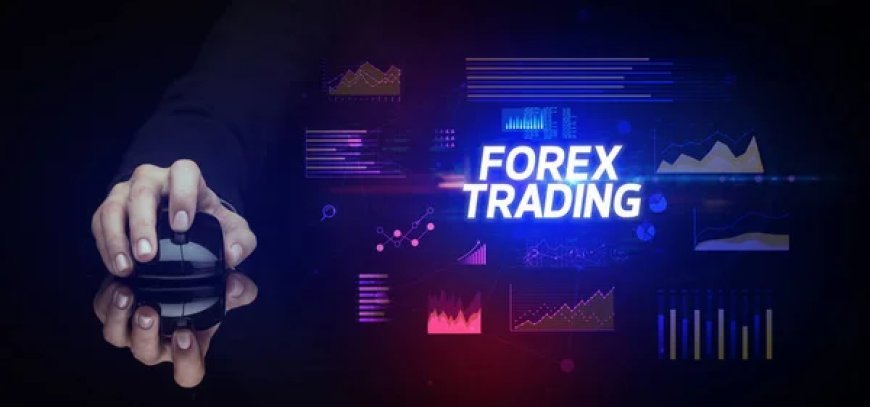Forex Trading Maine
Forex Trading Maine, Stock investments, Forex, Crypto Currency & Meme Coins Trading myfastbroker.com forex brokers online fintechzoom best.

Forex Trading in Maine: Comprehensive Guide and FAQs
Forex trading, or foreign exchange trading, is the act of buying and selling currencies in the global market. It has gained immense popularity due to its accessibility and potential for substantial profits. In Maine, individuals interested in forex trading need to understand the local regulations, the required resources, and strategies to succeed. This guide explores everything you need to know about forex trading in Maine and addresses frequently asked questions.
Understanding Forex Trading
Forex trading involves the exchange of one currency for another with the aim of capitalizing on fluctuating exchange rates. For example, a trader may buy Euros (EUR) while selling US Dollars (USD) if they believe the EUR will appreciate relative to the USD.
Key Features of Forex Trading:
-
Liquidity: The forex market is the most liquid financial market globally, operating 24 hours a day, five days a week.
-
Leverage: Traders can use leverage to control larger positions with a smaller amount of capital, which increases both potential profits and risks.
-
Accessibility: With internet access, anyone can trade forex from anywhere, including Maine.
Regulations for Forex Trading in Maine
Forex trading in the United States is highly regulated to ensure transparency and protect investors. The key regulatory bodies are:
-
Commodity Futures Trading Commission (CFTC): Oversees forex trading activities and ensures compliance with financial laws.
-
National Futures Association (NFA): Provides self-regulatory oversight, monitors forex brokers, and handles disputes.
Key Regulations:
-
Forex brokers must be registered with the CFTC and NFA.
-
Maximum leverage is capped at 50:1 for major currency pairs.
-
Strict reporting and transparency requirements for brokers.
Getting Started with Forex Trading in Maine
1. Education and Research:
-
Learn about forex markets, trading strategies, and risk management.
-
Utilize free online resources, webinars, and books tailored to beginners.
2. Choosing a Broker:
-
Ensure the broker is registered with the CFTC and NFA.
-
Consider trading platforms, fees, spreads, and customer service.
3. Demo Trading:
-
Use demo accounts to practice trading without risking real money.
4. Develop a Trading Plan:
-
Outline your goals, risk tolerance, and preferred trading strategies.
5. Start Trading:
-
Fund your trading account and begin trading small positions to minimize risk.
Benefits of Forex Trading in Maine
-
Flexible Schedule: The 24-hour market allows trading at any time.
-
Low Entry Costs: Many brokers have low minimum deposit requirements.
-
Global Market Exposure: Access to a diverse range of currencies and economic conditions.
Challenges and Risks
-
Market Volatility: Rapid price changes can lead to significant losses.
-
Leverage Risks: High leverage magnifies losses as well as gains.
-
Emotional Trading: Impulsive decisions can derail trading strategies.
FAQs on Forex Trading in Maine
Q1. Is forex trading legal in Maine? A: Yes, forex trading is legal in Maine and regulated by the CFTC and NFA to protect traders.
Q2. Do I need a license to trade forex in Maine? A: No license is required to trade forex for personal accounts. However, if you manage others' funds, you may need a financial advisor license.
Q3. What is the minimum amount needed to start forex trading? A: The minimum varies by broker but often ranges from $100 to $500. It's advisable to start with an amount you can afford to lose.
Q4. Are there forex trading courses available in Maine? A: While there may not be specific local courses, online platforms offer comprehensive forex trading tutorials and certifications.
Q5. Can I trade forex full-time in Maine? A: Yes, with adequate capital, strategy, and risk management, forex trading can be pursued as a full-time endeavor.
Q6. What are the tax implications of forex trading in Maine? A: Forex trading profits are subject to federal and state taxes. Consult a tax advisor to ensure compliance and optimize your tax obligations.
Q7. Which currency pairs are best for beginners? A: Major pairs like EUR/USD, GBP/USD, and USD/JPY are ideal due to their high liquidity and lower volatility.
Q8. How do I avoid forex scams? A: Stick to brokers registered with the CFTC and NFA, and avoid offers promising guaranteed profits or unrealistic returns.
Q9. Can I use automated trading systems in Maine? A: Yes, many brokers support automated trading tools. However, use them cautiously and test thoroughly before relying on them.
Q10. What are the best resources for staying updated on forex markets? A: Websites like Forex Factory, Investing.com, and Bloomberg provide timely market news and analysis.
Conclusion
Forex trading in Maine offers lucrative opportunities for those willing to invest time in learning and practicing. Understanding the regulatory framework, selecting a reliable broker, and adhering to a disciplined trading plan are critical to long-term success. By staying informed and cautious, you can navigate the forex market effectively and achieve your financial goals.

 btxadmin
btxadmin 





